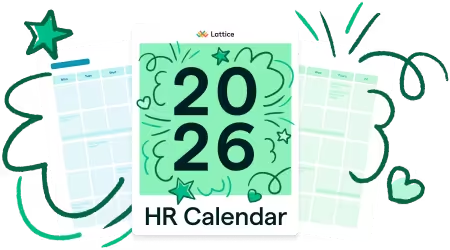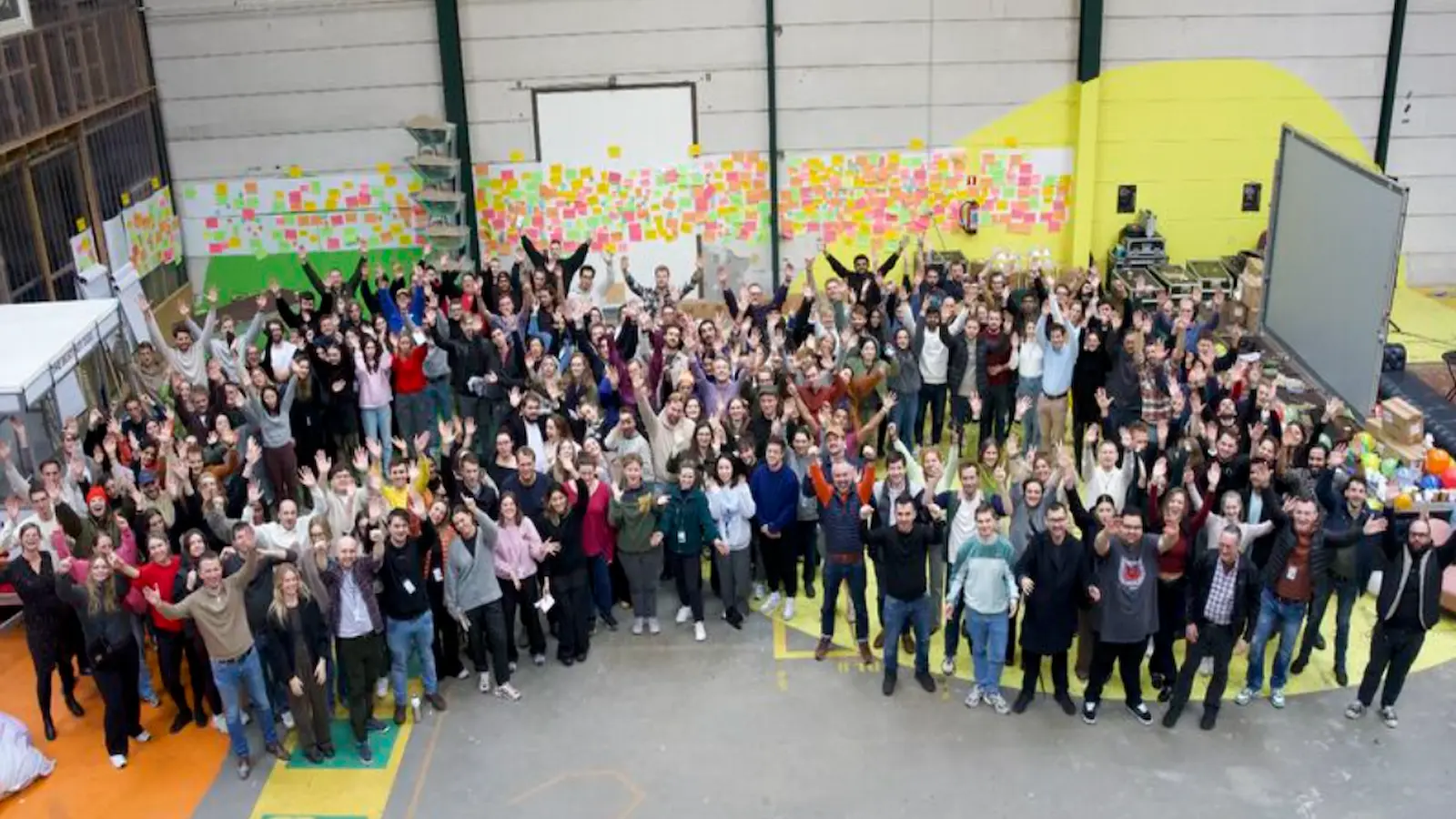Liferay’s global workforce needed more consistency in feedback and development. Lattice enabled structured reviews and engagement surveys that gave leaders visibility while supporting employee growth worldwide.
When Lattice pushed out a new feature ahead of schedule for us, it made big a difference to our managers and our team. It was a really meaningful partnership. There's a care and a concern and a deep consideration for the customer that is very special about Lattice.

The Challenge
“In terms of our culture, I call us a mature startup,” says Liferay’s VP of People Matt Poladian. “We're not in that chaotic initial stage, but we still are learning a lot about who we are and how to get work done.”
For the California-based company founded in 2004, a strong appetite for experimentation and DIY development has endured. That “appetite to build things” spilled over into people operations early. While Matt says his department’s goals are to enhance the employee experience, empower great leaders, and enable the business, when he arrived at Liferay in 2019, the People function wasn’t fully delivering on those promises. “We were a very disparate team,” he says, with different regional HR staff largely running their own show without continuity. The VP of People position was created to help solve that problem, and Matt was tasked with eliminating redundancy and making HR more consistent across the enterprise.
“I knew we needed a more effective performance management process when I got to Liferay,” says Matt, “and it took me some time to really uncover the root causes of why things were the way they were.” Liferay had its own homegrown performance management system – part of that DIY appetite – which was built on Liferay’s own platform. However, while the system was functional, it hadn’t been updated in years. “Many people would say we had to go back to the Stone Age to do our performance reviews.”
Among the system’s limitations were a rating system that wasn’t very intuitive and the fact that it offered only one-on-one reviews, with no self reviews or 360-degree feedback available. As a result, participation was low. When a performance management issue with an employee would arise, the company had “absolutely no documentation of any conversations that had happened,” says Matt, which created problems with giving feedback. Clearly, it was time to modernize.
Evaluation
Liferay initially figured it would upgrade its in-house HR system, but along the way, Matt decided to investigate some commercially available options as part of his due diligence. He rejected a few daunting platforms for being too convoluted and simply “too much” for a company of Liferay’s size. Eventually, word of mouth brought him to Lattice.
Matt started asking questions early on about the Lattice roadmap and the process for adding new features, but ultimately the decision came down to pure functionality. From performance reviews to goal-setting to growth planning, Lattice checked all the boxes and then some. “One-on-ones were an additional feature that we didn't even think about, but have really overused since implementation,” Matt says. “But the icing on the cake was the commitment to having a two-way dialogue about the roadmap.” That dialogue actually led to a key feedback feature being pushed out early in order to meet Liferay’s business needs.
Using Lattice at Liferay
“Traditional HRIS tools tend to be binary: You can turn them on or off. All users get the same experience,” says Matt. “But Lattice strikes the right balance between having some things that are fixed and some that are flexible. You can turn the functionality off and on for individual teams. It’s a very thoughtful design.”
While Liferay uses an array of Lattice features, including OKRs and 1:1s, it’s the performance management features that are truly key for the company. “I think performance management is so important because it connects individual performance – what is required and expected – to the collective performance of the company,” says Matt. “That way, somebody can really understand where they are, not just as an employee, but as part of the fabric of the company and in the marketplace. If you have performance management without company performance, you are missing something, and, of course, vice versa.”
Matt says that 1:1s have been the feature that surprised him the most, however. “I don't think I realized how helpful it would be for me to document, track, and create agendas for my 1:1s and then be able to do that with others that don't even report to me. I used to have this long Google Sheet that had that information in it. Now I just see that as so clunky compared to Lattice. I can't imagine not having it.”
The Impact of Lattice
Matt says that Lattice has significantly enhanced the employee experience at Liferay, “changing the employee conversation and making it much more tangible with OKRs and goal-setting.” Lattice has made a difference at every level of the organization, all the way to how business leaders operate – and even to the way Liferay’s CEO thinks about strategy.
“Before, we weren’t setting goals,” says Matt. “The biggest thing Lattice helped us do is to teach everyone what an objective and a key result are. It was a cascading mechanism that changed our world." Before Lattice, and despite strong HR processes in place, Matt says that transparency into various job functions was lacking. “With Lattice, everybody in the company can learn more about what people are doing without necessarily having to ask them directly.”
Liferay has phenomenal participation when it comes to engagement surveys, approaching 90% completion. Matt chalks this up to how centralized Lattice is, allowing anyone to log in to the tool and use it as a key part of managing their day. “I just use Lattice as my go-to thing,” he says. “I think there are a number of people who make it one of the tools they log into every morning when they’re starting up.” And once using Lattice becomes a habit then People processes like giving feedback, engaging with others through 1:1s, and responding to survey questions becomes second nature.
Takeaways
- Lattice gives Liferay the ability to keep the bulk of its people information in one place that is accessible to everyone.
- Working directly with Lattice is easy, and the company is highly responsive to new feature needs.
- Lattice makes surveys easy to create and complete: Liferay has a survey completion rate of nearly 90 percent.





%20(1).jpg)

